Cutting carbs reverses fatty liver faster than cutting calories
By naturopath Margaret Jasinska
Do you know the most effective eating plan for clearing fat from the liver? The good news is you don’t have to go hungry to reverse a fatty liver. If you have been diagnosed with a fatty liver, your doctor probably told you to lose weight by eating less and doing some exercise. It’s true that weight loss helps to repair the liver, but the problem is, it’s extremely difficult to lose weight if you’ve got a fatty liver.
According to research published in the American Journal of Clinical Nutrition, you can reduce the amount of fat in your liver in only a month on a low carbohydrate diet. This is wonderful news because fatty liver affects an increasing number of adults and children in most parts of the world. If left untreated, it can progress to cirrhosis of the liver or liver cancer. Fatty liver almost always goes hand in hand with insulin resistance (metabolic syndrome) and a heightened risk of developing type 2 diabetes.
If you have a fatty liver, weight loss is probably much slower for you and you tend to struggle with cravings for sugar and carbs. The good thing about following a low-carb diet is you shouldn’t be feeling hungry. A well-formulated low-carb diet contains adequate protein and healthy fats at every meal, which both help to keep you feel satiated. The eating guidelines in Dr Cabot’s fatty liver book are especially designed to help you.
How would you know if you have a fatty liver?
Most people with a fatty liver feel generally unwell, and find they are becoming increasingly fatigued and overweight as the years go by, often blaming it on their age. They may have elevated liver enzymes on a blood test for liver function. Fatty liver is diagnosed with a blood test and liver ultrasound scan.
Possible symptoms of fatty liver include:
- Weight excess in the abdominal area
- Inability to lose weight
- Elevated cholesterol and/or triglyceride levels
- Fatigue
- Nausea and/or indigestion
- Overheating of the body
- Excessive sweating
- Red itchy eyes
- Discomfort over the liver area
- Disturbed sleep in the early hours of the morning
Tips for clearing fat from your liver
Here are some tips for clearing fat from your liver:
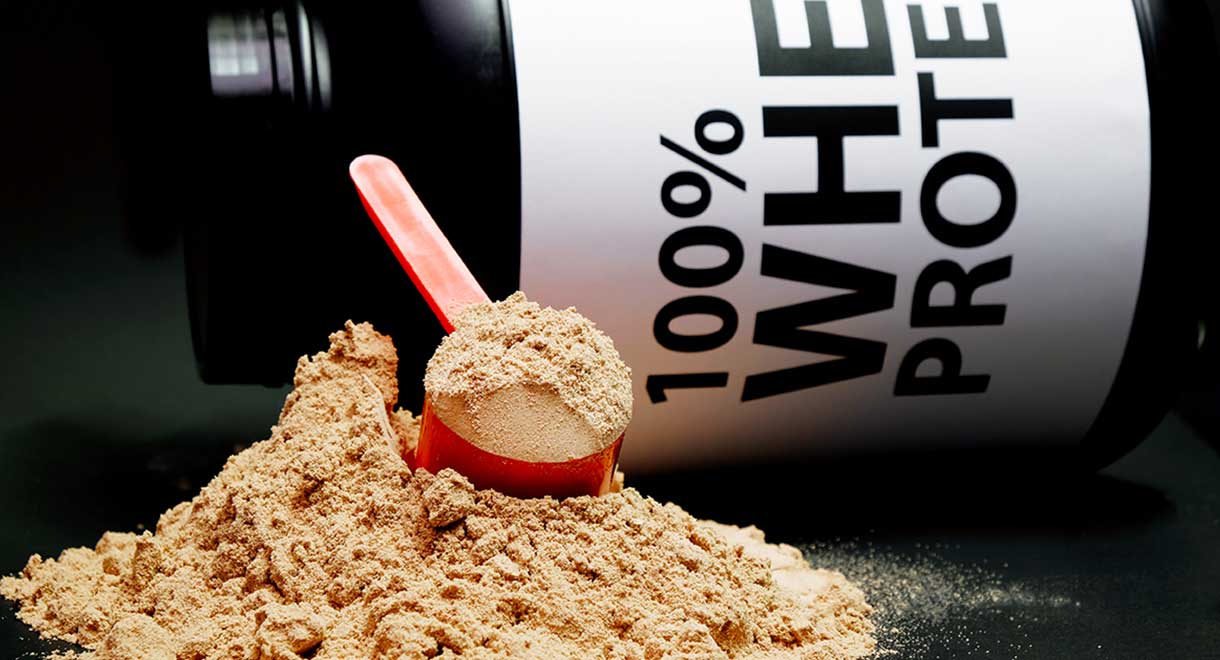
1. Increase your protein intake
I recommend you consume 1 to 1.5 grams of protein per kilo of ideal body weight per day. Good protein sources include chicken, oily fish, meat, eggs, unflavoured plain yogurt and whey protein powder. Protein promotes satiety and reduces cravings for carbohydrates.
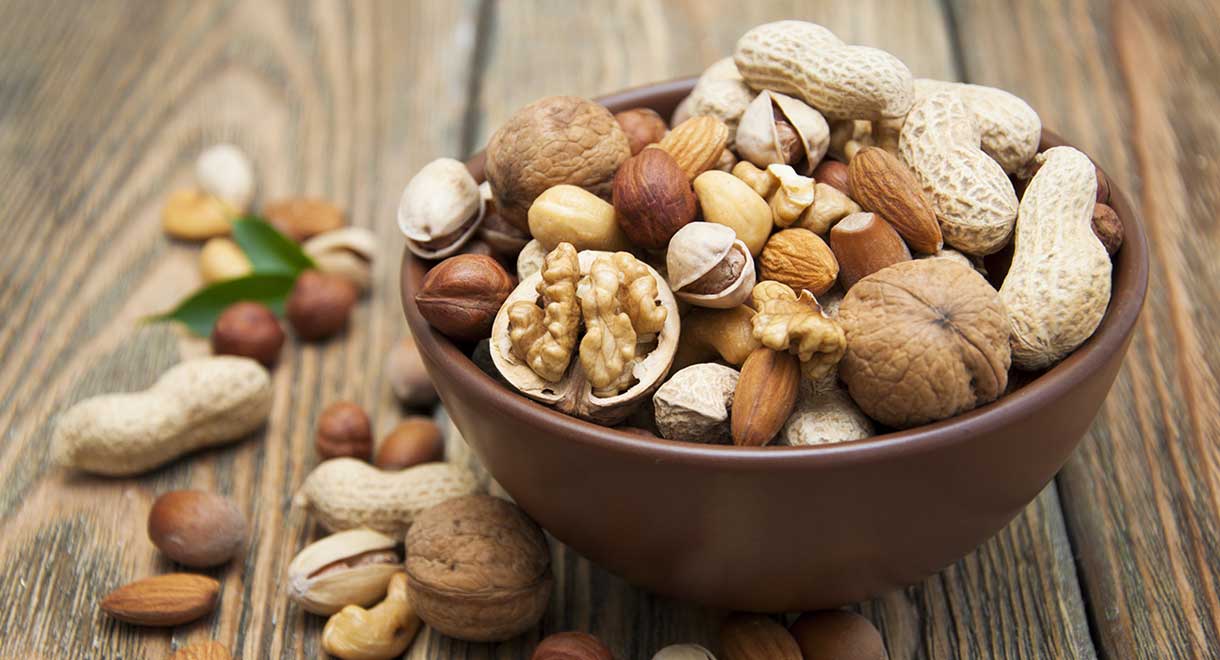
2. Eat more natural fats
You need to consume healthy fats to support healthy liver function and a fast metabolism. Healthy fats can be found in seafood, the fat on meat and poultry, cold pressed olive oil, coconut oil, raw nuts and seeds. On the other hand, damaged fats are found in all margarines and industrial seed oil.
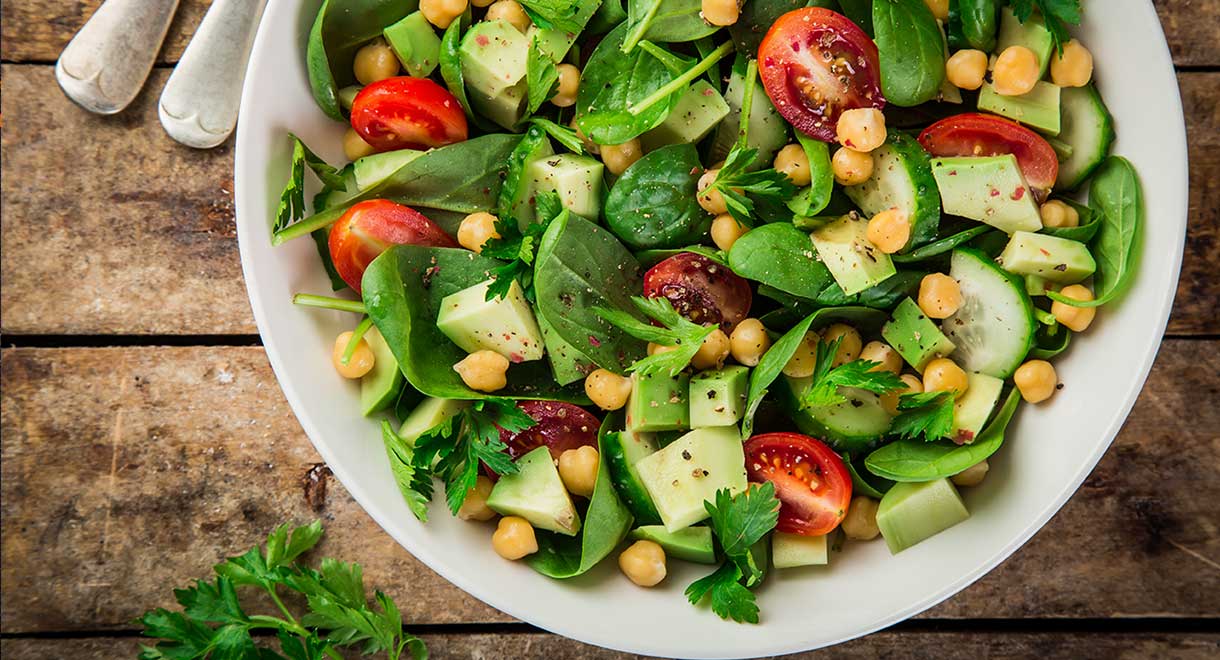
3. Eat more plant foods
Raw vegetables and fruits are the most powerful liver-healing foods. Eat a large salad at least once a day, and make your own dressing made with cold pressed olive oil, apple cider vinegar, lemon or lime juice. Whilst attempting to reverse a fatty liver and lose weight, we recommend consuming no more than two pieces of fruit a day.

4. Exercise regularly
Maintain a regular exercise regime to boost your metabolism and reduce insulin levels. Good exercise options include walking, running, cycling, swimming and resistance exercises. Half an hour of exercise each day is optimal, and you may benefit from exercising with a friend or family member. Once you improve your liver function, you will notice your energy levels will rise and your mood and mental state will be much better.
LivaTone Plus contains herbs traditionally used in European herbal medicine to support liver health and detoxification.


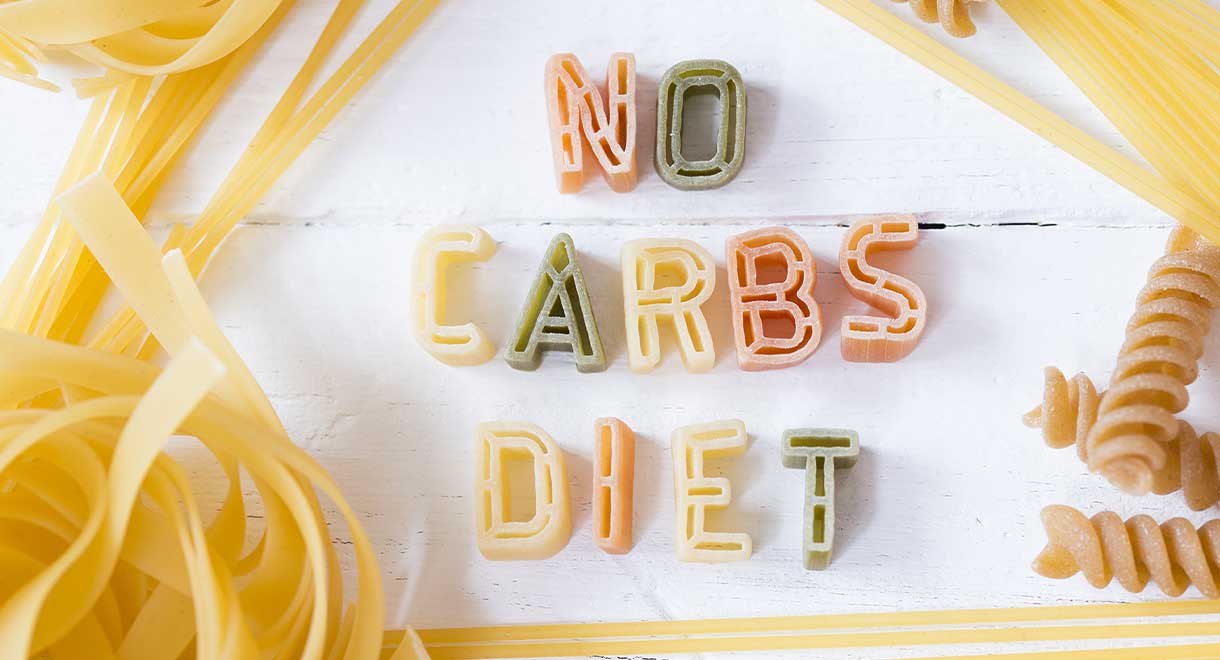

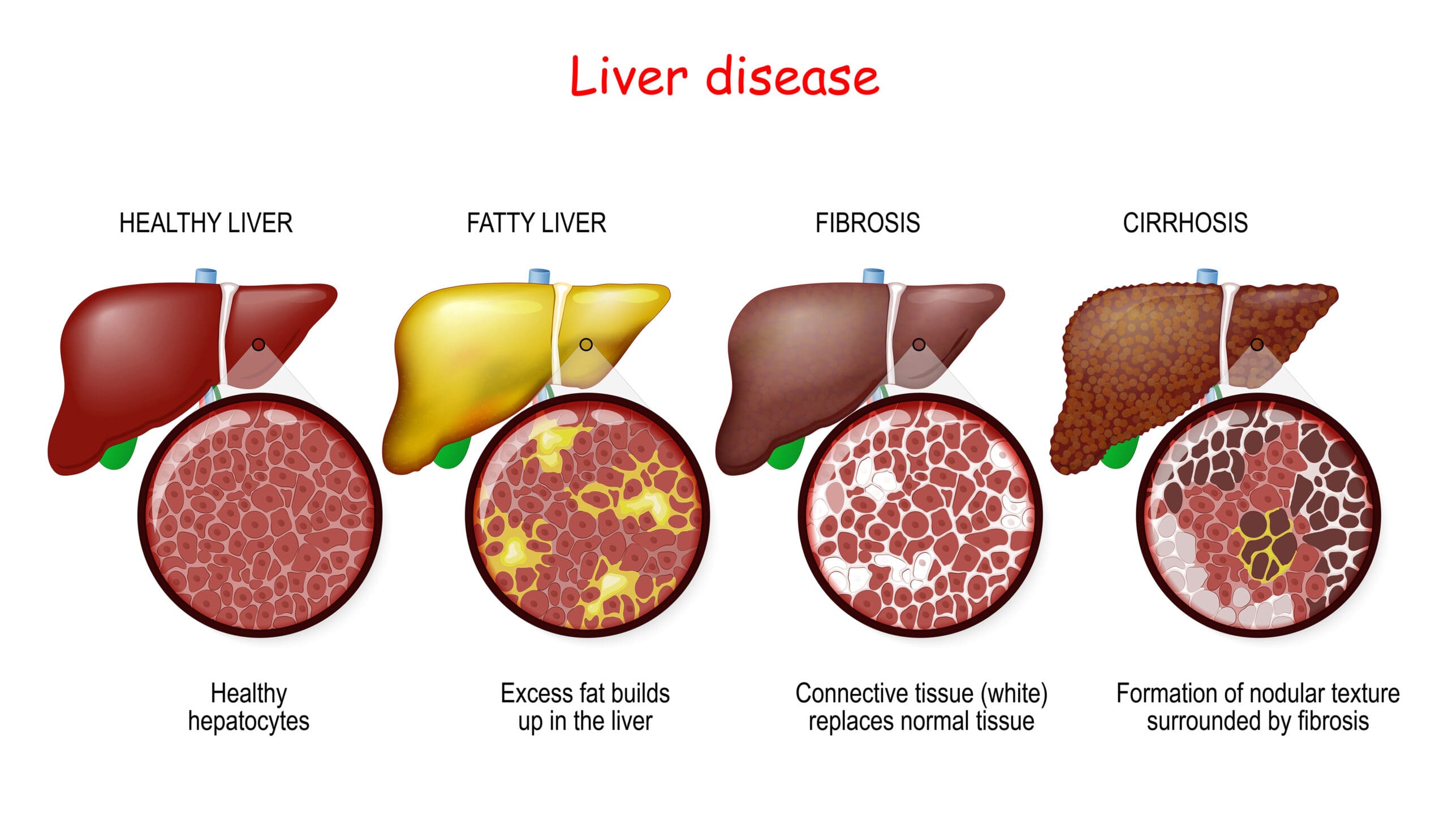

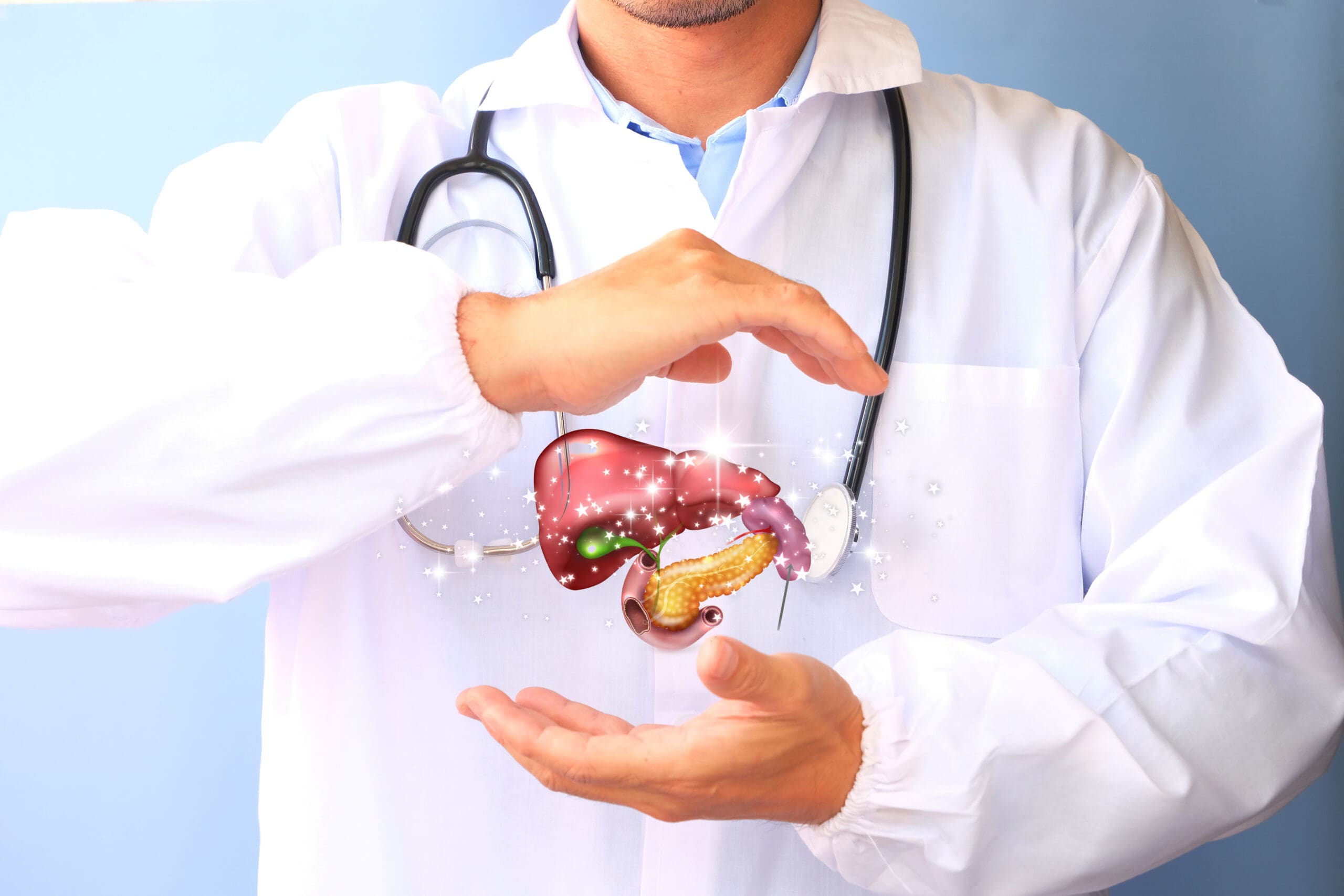
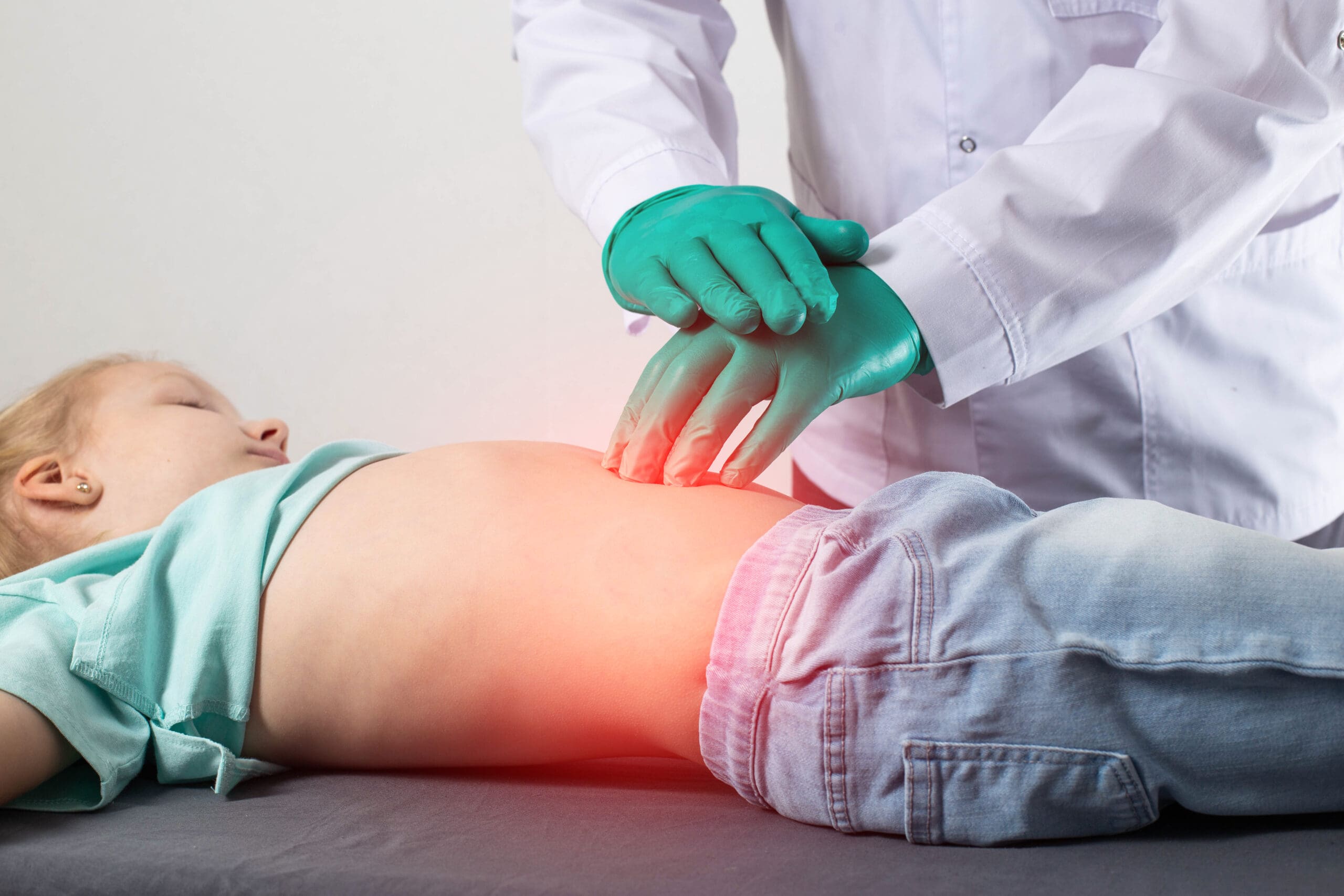
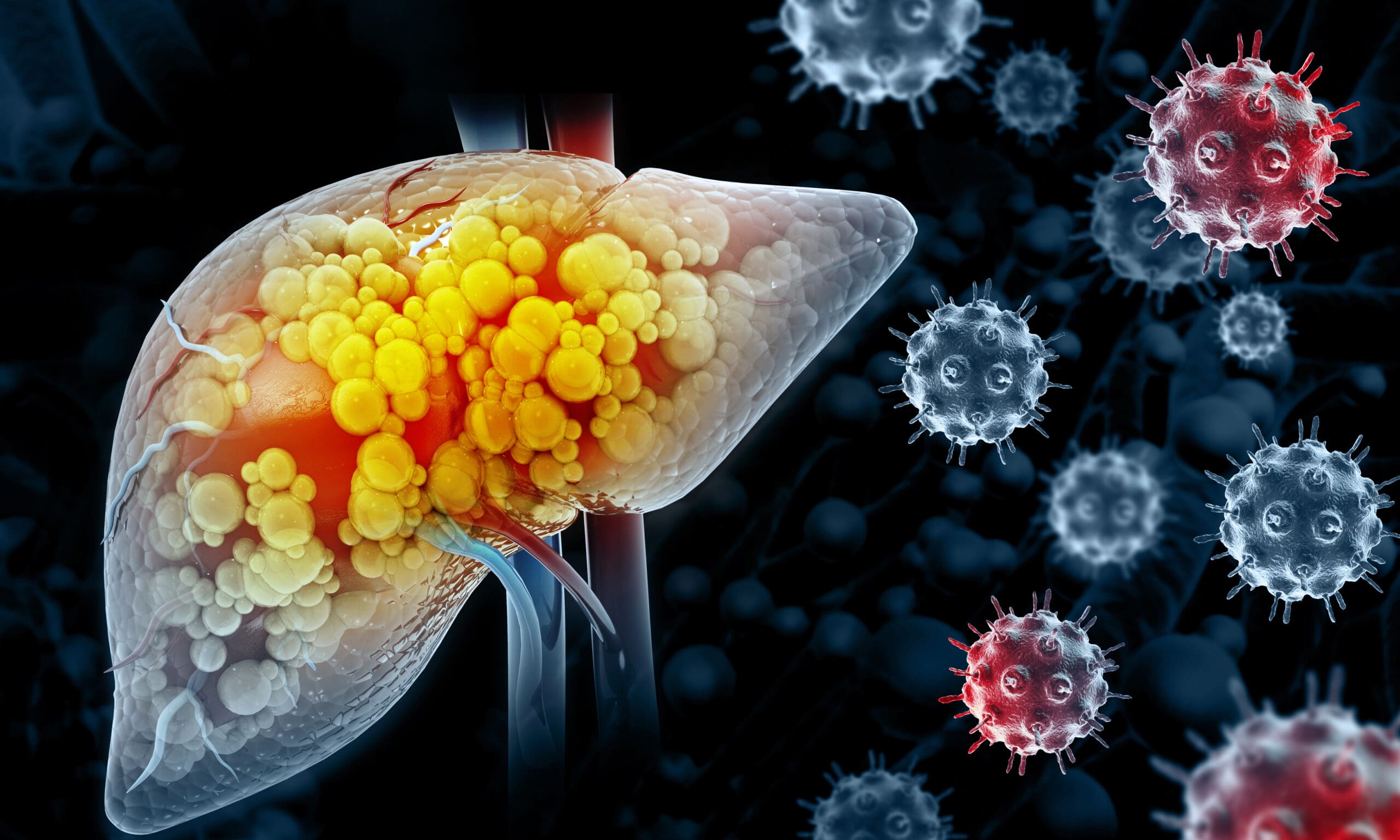
i lost 30 kg , my liver is healthy again but im gaining weight again its driving me crazy , why is it happening , same diet /exercise etc
Hi Julie,
It is very common for weight loss to plateau or to start gaining weight when you’ve been following the same diet/ exercise program for a while.
This is where you can try adjusting your diet / exercise regime to see if that changes the results.
There are also other causes of weight gain such as hormones, low thyroid function etc that you can explore.
Kind regards,
Louise